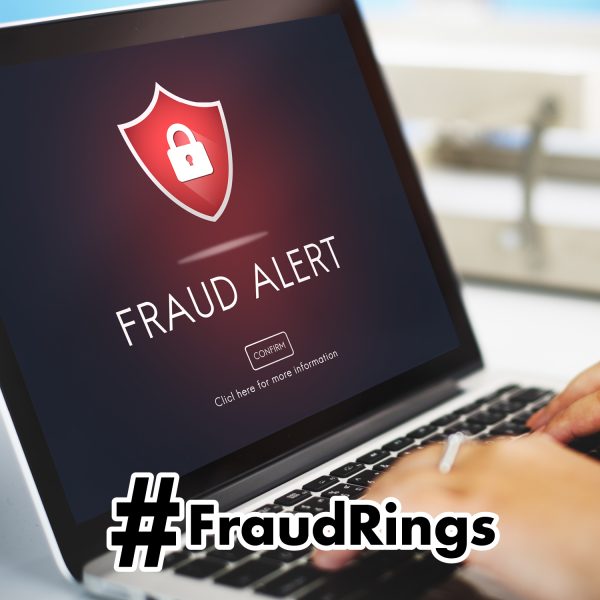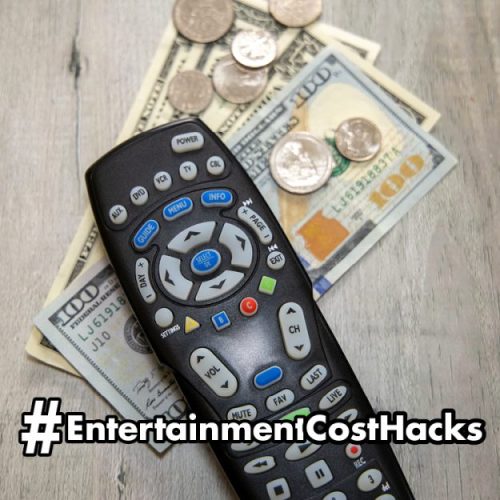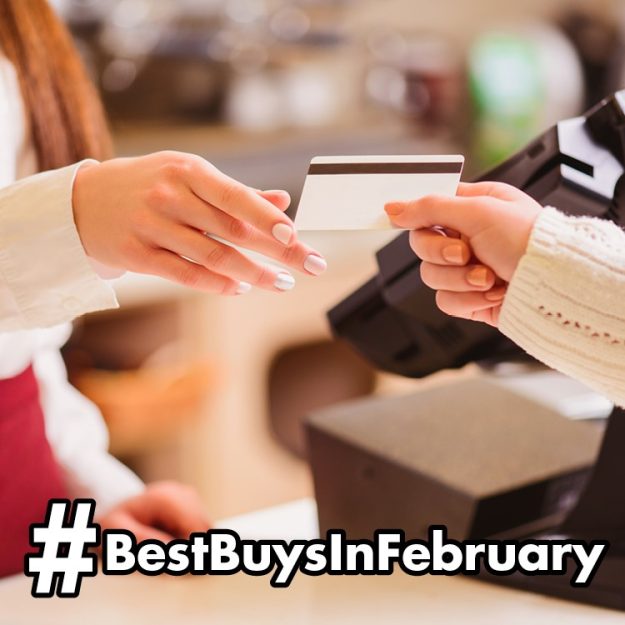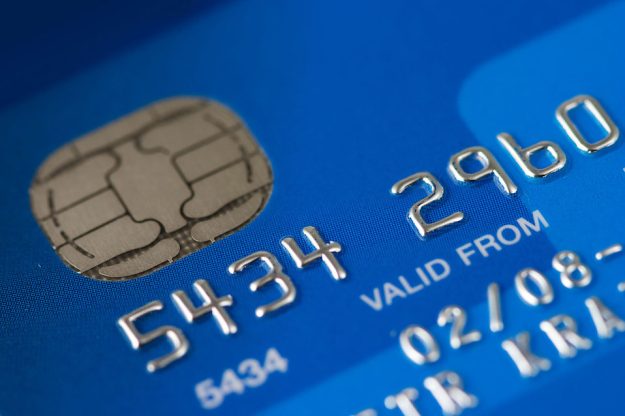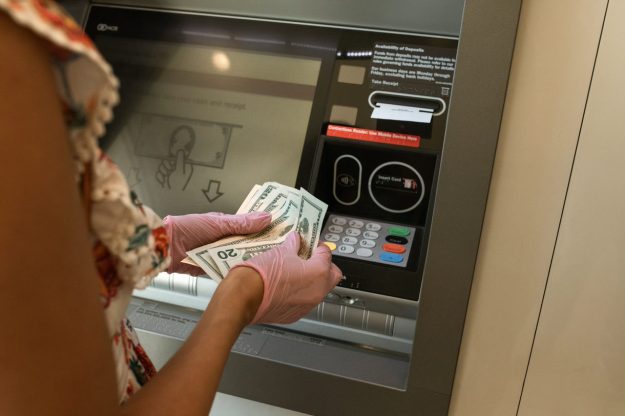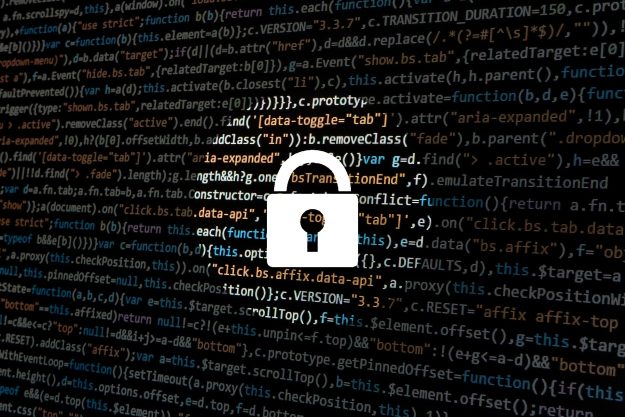
Ready, set… charge! The holiday shopping season is here, and between inflated prices, the rising cost of gas and the urge to splurge, it can be tough to stick to your budget. Here are eight holiday shopping hacks to help keep your spending under control.
1. Make a list and check it twice
When you shop with a list in hand, and you’re careful to stick to it, you can make responsible shopping decisions instead of buying every shiny thing that catches your eye.
2. Compare prices
All it takes is a few quick clicks or taps to check if the item you want is available somewhere else, and for less. You can also use a price-checking app, like ShopSavvy, to make the search for the hottest deal.
3. Don’t shop alone
Grab a friend to help keep you on track as you shop. Share your budget with them, or let them know which gifts you’ll be looking for on this trip. Ask them to gently remind you to stay within budget and on-plan as you browse.
4. Take advantage of rebates and refunds
Want to get paid to shop? When you make a purchase through a rebate app, like Earny or Rakuten, you get cash back for every purchase you make.
5. Buy discounted gift cards
You can find discounted gift cards on sites, like Raise and CardCash, for big-name brands like Lowe’s, Starbucks, Amazon and more.
6. Shop with coupons
Before completing an online purchase, do a quick search of sites, like RetailMeNot, to check for available coupons that can bring down the price. You can also use a browser extension, like Honey, which will automatically find and apply coupons while you shop.
7. Shop early
This year, with anticipated delivery delays and supply shortages, it’s best to tackle your holiday shopping early. Shopping with a clear head, and when the stores are well stocked, will make it easier to stick to your budget.
8. Buy electronics on Black Friday
The Black Friday deals you’ll find on TVs, laptops, audio equipment and other electronics will likely be the best you’ll find all year.
Follow the tips outlined above to save big on gift-shopping this year. A little low on holiday funds? Take advantage of our Holiday Loan Special until December 31st, 2021!




